One of the emblems of the current European Capital of Culture – Plovdiv, is its preserved old part. Situated on three of the six hills of the city, Old Plovdiv is a place where many ancient and medieval monuments stand side by side. It is also the site of many emblematic houses built in this part of the city in the 18th and 19th centuries by wealthy merchants. Behind their restored interiors and facades that we have become now familiar with, there is a story that is worth telling.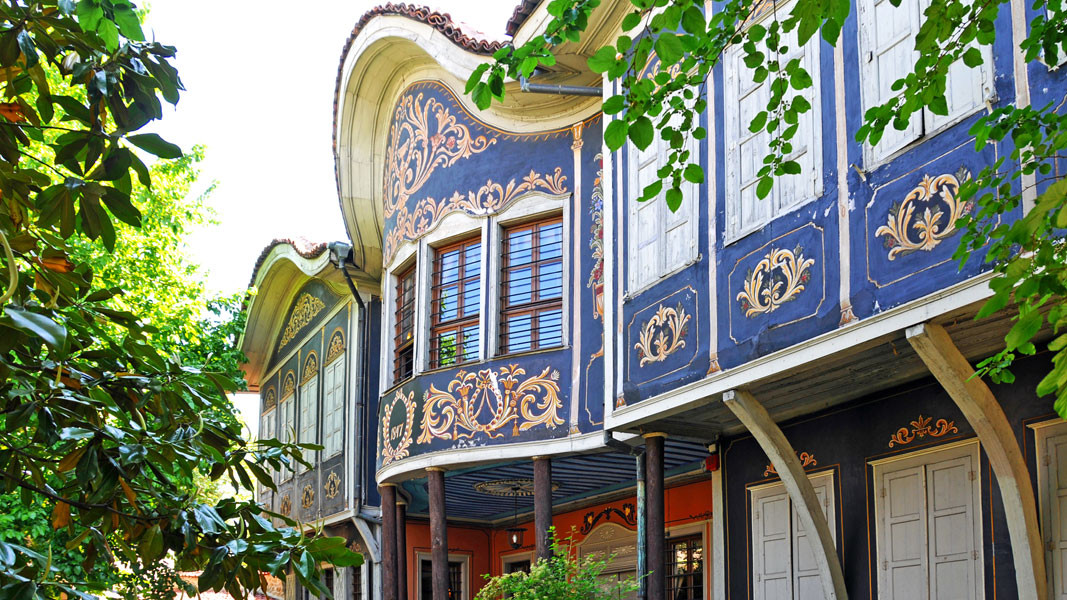
It began on April 1, 1969, with the establishment of the Ancient Plovdiv Municipal Institute. Due to the persistent efforts of a number of people who have left a lasting trace in the history of Plovdiv, the legacy of the Old Town has gradually regained its former lustre. Since its creation until today, the architectural reserve has been the centre of the city’s cultural life as well as a meeting place of the urban bohemia and is one of the most popular tourist destinations in Bulgaria.

The restoration of this part of the city is largely due to the tireless work of a prominent intellectual, Atanas Krastev, who in 1958 saw the potential for development in the then derelict, neglected old part. In the period of 1969-1986, Krastev led the management of the Ancient Plovdiv Institute and, with the assistance of his team, he founded the house museums of the artist Zlatyu Boyadzhiev and of the father of book publishing in Bulgaria - Hristo Danov.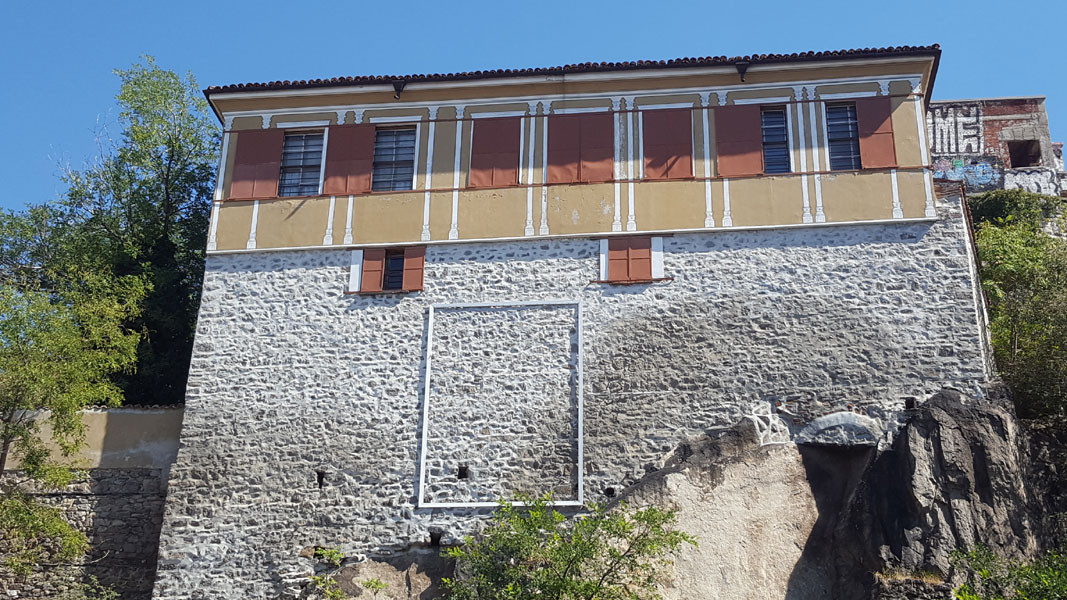
In this period, some of the emblematic houses of Plovdiv-based families regained their former glamour – the homes of the Nedkovich, Hindlyan, Birdas, and Balabanov families.
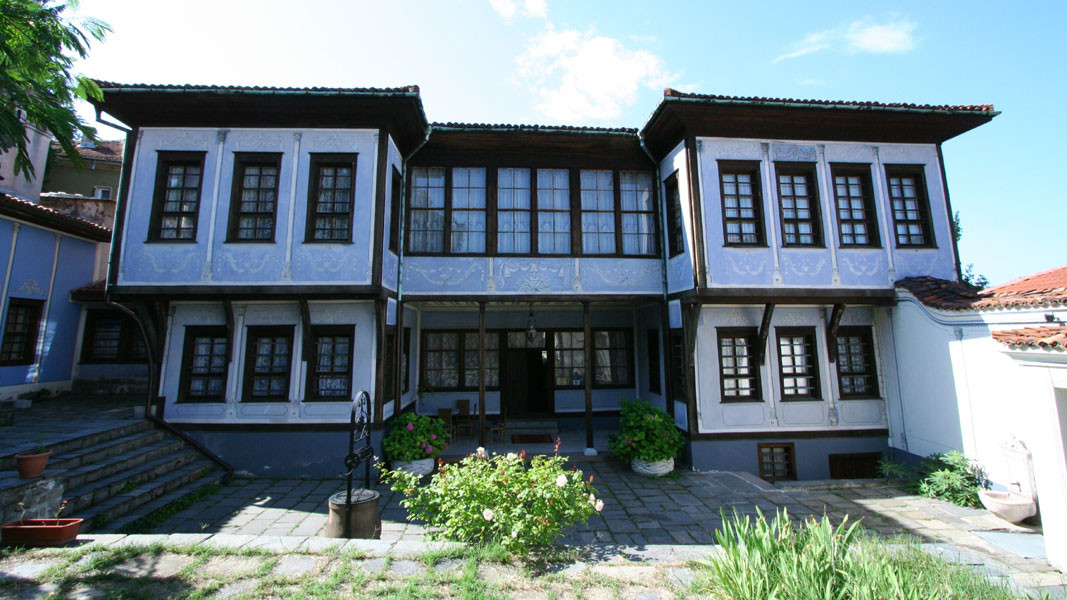
More about the persons who played a key role in their restoration we learn from Donka Nalbantova - head of the Cultural Policy and Information Service department of the Ancient Plovdiv Institute: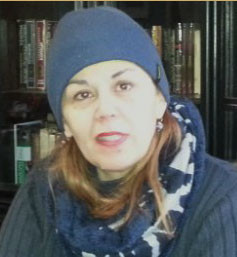 “In addition to Atanas Krastev, who later started to be known under the nickname Nacho Kulturata (Nacho the Culture), members of this group were also architect Petko Kekemanov, architect Vera Kolarova, Elena Uzunska, Giovanni Dimitrov. These are the people who succeeded in persuading the then mayor of Plovdiv that these houses, which were then in ruins, could be turned into an architectural reserve and an emblematic place for the city and for Bulgaria. The first house they focused on is the building where the association is located – the Nedkovich house. For its restoration, they usedarchival photographs and travelled all over the country to look for furniture and floorings that date back to the same period and recreate the interior the house once had.”
“In addition to Atanas Krastev, who later started to be known under the nickname Nacho Kulturata (Nacho the Culture), members of this group were also architect Petko Kekemanov, architect Vera Kolarova, Elena Uzunska, Giovanni Dimitrov. These are the people who succeeded in persuading the then mayor of Plovdiv that these houses, which were then in ruins, could be turned into an architectural reserve and an emblematic place for the city and for Bulgaria. The first house they focused on is the building where the association is located – the Nedkovich house. For its restoration, they usedarchival photographs and travelled all over the country to look for furniture and floorings that date back to the same period and recreate the interior the house once had.”
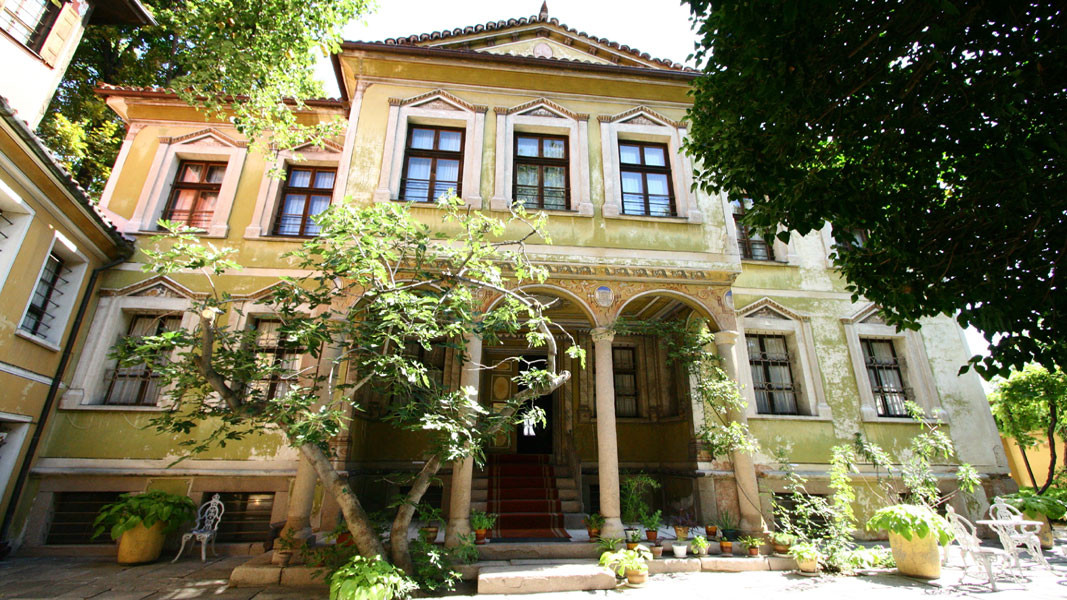
As Mrs. Nalbantova explains, all houses are perfectly restored and open to visitors, and they are also exquisite venues for a variety of cultural events. In connection with the 50th anniversary of the establishment of the Ancient Plovdiv Institute, an exhibition was unveiled earlier in April of artist Kosta Forev – an emblematic name for the Plovdiv Old Town. The exhibition will be on display at Balabanov’s house until May 16th.
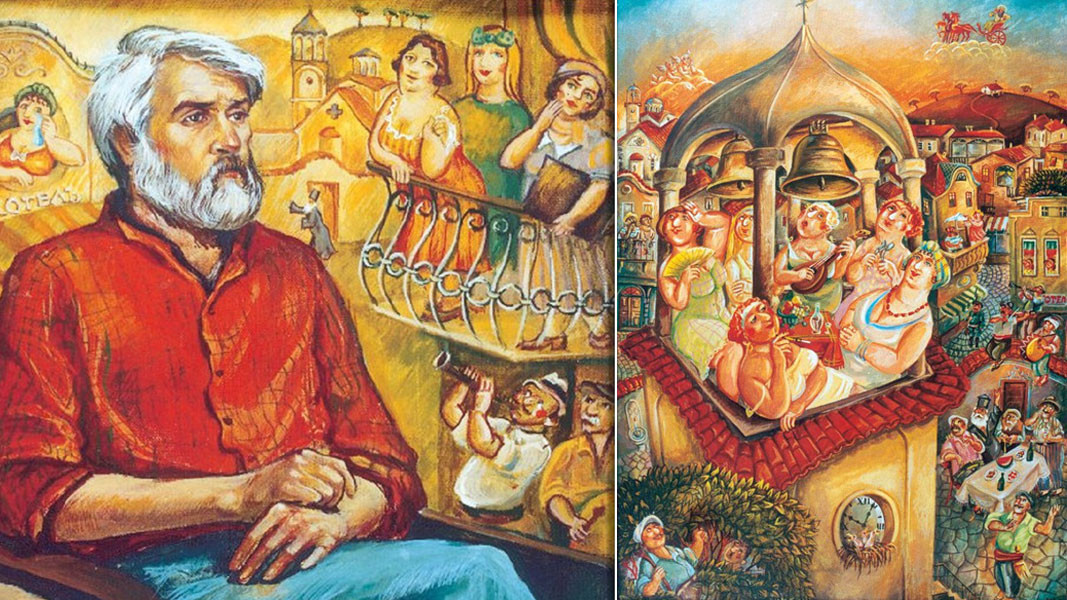
Through this diversity of events in our festive program we want to remind the public that the part of Plovdiv dating back to the National Revival Period is also a rich spiritual centre, Mrs. Donka Nalbantova told Radio Bulgaria, adding:
“There will be many exhibitions, scientific conferences, a theatre performance and a literary contest dedicated to Nikolay Haitov. The occasion is the 100th anniversary of the birth of the writer, as well as the fact that his life is connected with Plovdiv’s Old Town. The beginning of the celebrations is scheduled for April 22nd. Then we will open the exhibition entitled “Dimovski’s Cartoons and Haitov’s Characters” and we will announce a literary contest for writing an essay on Haitov's favourite quote – “You might not be able to lift the mountain but still it is worth trying.” In September we will have more exhibitions as well as the premiere of a new book by the writer’s daughter Elena Haitova-Gigova.”
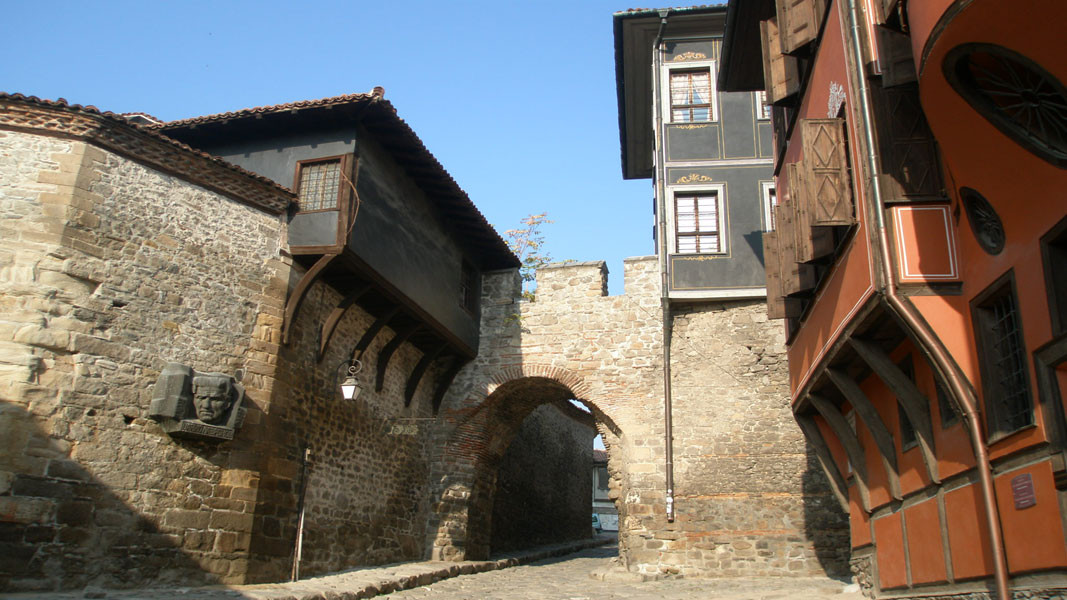
On April 18, the International Day for Monuments and Sites, another exhibition will be launched, showcasing modern mosaic - an art inherited since Roman times yet examples of which can still be seen in some of the buildings in the architectural reserve. The exhibition arranged in the Balabanov’s House will feature 90 works by 40 authors from 12 countries. On April 19th, a conference will be held, dedicated to the history of the art of mosaic and its incorporation into the modern home and urban landscape.

What would be the motivation in times of political crises, wars, migrant pressure and an unclear future to dream of a unified European university for film and media? An educated and cultured nation is much more difficult to manipulate..
"The Way of the Musicians" (Musicorum Via) is the name of the joint initiative of the Bulgarian Academy of Sciences and the National Academy of Music (NMA), which opens in the "Professor Marin Drinov" Hall of the Bulgarian Academy of Sciences. "During..
The Symphony Orchestra of Vratsa – Simfonieta, has become a haven for violinist Alena Chekhova. She was born in the Russian city of Tyumen /Western Siberia/, raised in Ukrainian Crimea and lived in Moscow for more than 10 years, where..
"The Way of the Musicians" (Musicorum Via) is the name of the joint initiative of the Bulgarian Academy of Sciences and the National Academy of Music..
What would be the motivation in times of political crises, wars, migrant pressure and an unclear future to dream of a unified European..

+359 2 9336 661
